
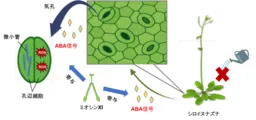
Myosin XI and Its Role in Enhancing Drought Resistance in Plants
The Role of Myosin XI in Plant Drought Resistance
As the effects of climate change intensify, understanding the mechanisms of drought resistance in plants has become crucial for the sustainability of agriculture. Recent research conducted by Professor Motoki Tominaga and PhD student Haiyang Liu at Waseda University sheds new light on the role of the motor protein Myosin XI in enhancing drought resistance in plants. This study utilized the model plant Arabidopsis thaliana to investigate how Myosin XI contributes to stress responses related to drought.
Key Findings of the Research
The researchers found that a line of Arabidopsis mutants, which lacked the Myosin XI gene, showed a significantly increased vulnerability to drought stress compared to the wild-type plants. Notably, during dry conditions, the mutants exhibited a water loss rate nearly four times that of their wild-type counterparts. This alarming discovery showcases the pivotal role Myosin XI plays in promoting drought tolerance.
Through their experiments, the team elucidated a mechanism by which Myosin XI is involved in stomatal closure—a process regulated by the plant hormone abscisic acid (ABA). When treated with ABA, the mutant plants demonstrated reduced production of reactive oxygen species (ROS) and inhibited microtubule depolymerization, leading to challenges in the closure of their stomata. This insight is critical because stomatal closure is essential for reducing water loss during drought conditions, thereby aiding a plant's survival.
Implications of the Findings
This research offers a novel perspective on the
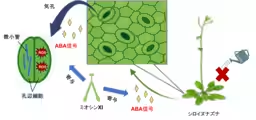
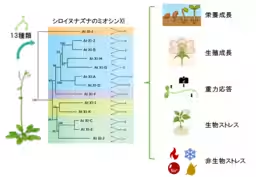
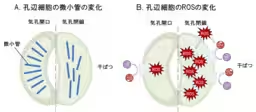
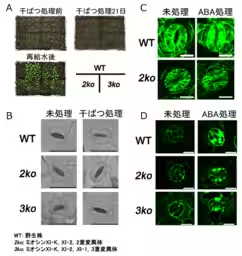
Topics Other)










【About Using Articles】
You can freely use the title and article content by linking to the page where the article is posted.
※ Images cannot be used.
【About Links】
Links are free to use.